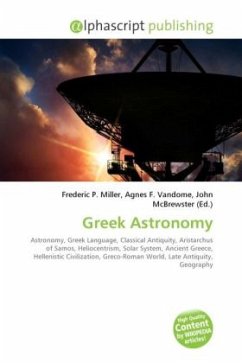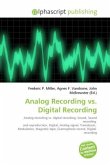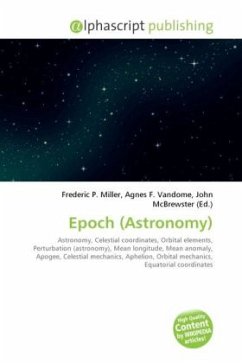High Quality Content by WIKIPEDIA articles! Greek astronomy is the astronomy of those who wrote in the Greek language in classical antiquity; for example, Aristarchus of Samos Greek astronomer/mathematician and his heliocentric model of the solar system. Greek astronomy is understood to include the ancient Greek, Hellenistic, Greco-Roman, and Late Antiquity eras. It is not limited geographically to Greece or to ethnic Greeks, as the Greek language had become the language of scholarship throughout the Hellenistic world following the conquests of Alexander. This phase of Greek astronomy is also known as Hellenistic astronomy, while the pre-Hellenistic phase is known as Classical Greek astronomy. During the Hellenistic and Roman periods, much of the Greek and non-Greek astronomers working in the Greek tradition studied at the Musaeum and the Library of Alexandria in Ptolemaic Egypt. The development of astronomy by the Greek and Hellenistic astronomers is considered by historians to be a major phase in the history of astronomy in Western culture. It was influenced by Babylonian astronomy; in turn, it influenced Islamic, Indian, and Western European astronomy.
Bitte wählen Sie Ihr Anliegen aus.
Rechnungen
Retourenschein anfordern
Bestellstatus
Storno








